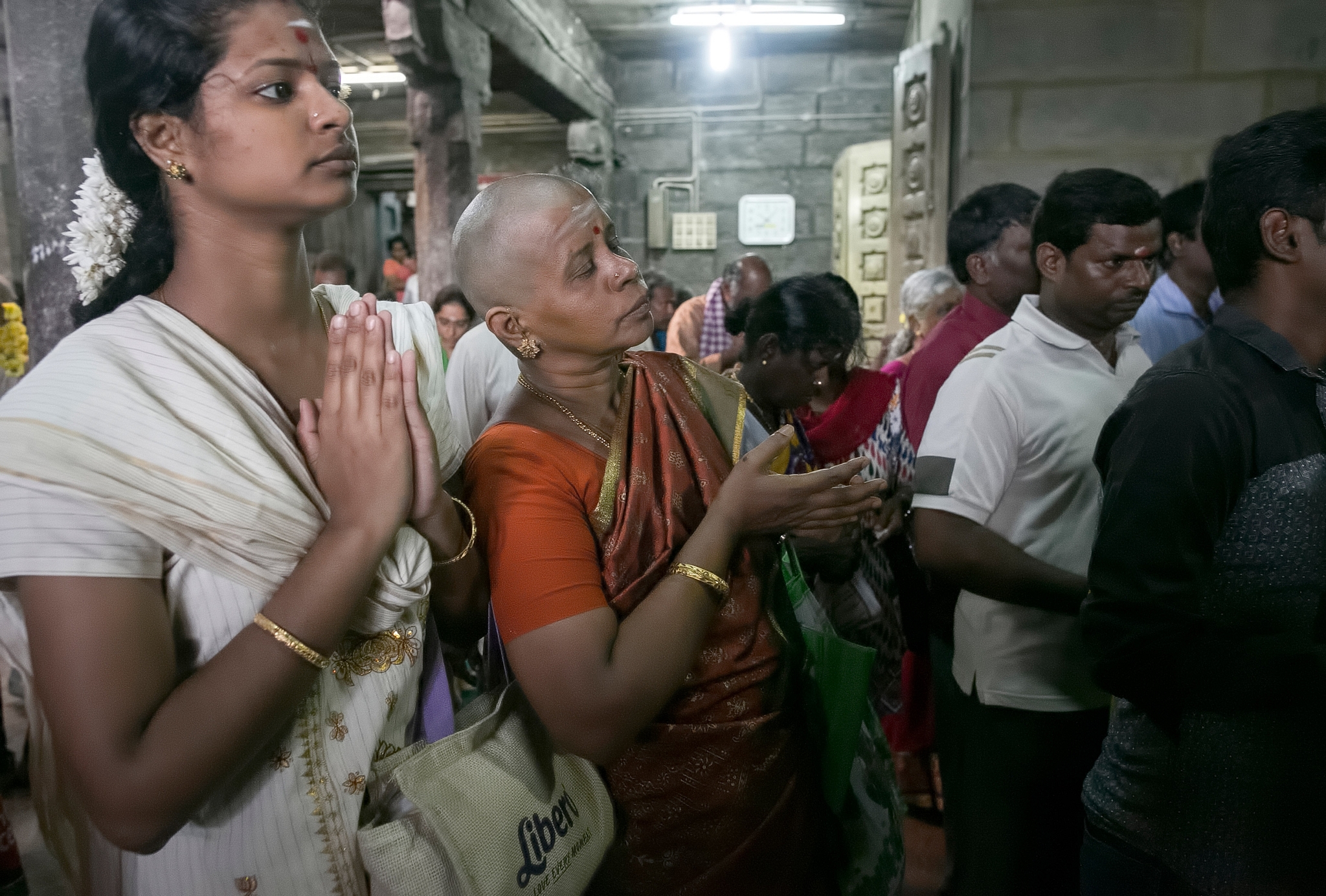
Women, Menstruation And Rituals: Why Men Should Stop Interfering
Unfettered faith is placed on the bhakt’s conscience, and not imposed by force
Impurity, arbitrary restrictions, patriarchy, biology. Common words that stand up and scream from every single article about temple rituals, especially if the topic is menstruation. R Jagannathan’s Swarajya article was no different.
Indignation over this injustice and slight to womanhood and in his angst over subjugation and debasement of women, the author makes some very crucial errors. By default, he assumes that the restrictions on menstruating women were placed by men. He also randomly clubs these restrictions under cleanliness and bodily impurity.
Why would someone assume that the restrictions could only have been placed by men? How can he, a man championing the cause of equality, throw ancestors of his gender under the proverbial bus, based on a hunch? We call Ambedkar the father of our constitution. Is it fair to then assume that it was a male driven and hence patriarchal document? It also boggles one’s mind, how people wade into depths of this argument without even a rudimentary reading of the whys and hows of temple traditions. It is this complete lack of understanding that prompts them to compare menstruation to urine in the bladder.
A temple is a spiritual space, a realm where rationale is left behind. Here the mind accepts as absolute reality, a narrative presented through pure sensory inputs. Every piece of art, strain of music, flower and scent work in harmony to build that narrative and to release a devotee from the clutches of his limited knowledge, judgement and logic. It is futile to try to decode those layers with simplistic theories or to analyse those complex elements using bodily terms.
Is menstruation the only restriction in a temple? No, there are many more tenets to follow while approaching a temple that are based on Tantra Shastra.
A person is advised to refrain from all worship rituals, including temple darshan in the following cases.
1. Death of a blood relative (Mrutakam) –11 to 16 day period of impurity, irrespective of whether one is in the same location or even country as the deceased.
2. Birth of child (Sutakam) – when a woman delivers, all her blood relatives and her husband are considered impure for 11 days. (Varies in different states)
3. A new-born child cannot enter the temple till annaprashana (where s/he is given salt for the first time) is completed.
4. Newlyweds are not allowed to have darshan after the nuptials till the next day.
5. Ashaucha – Contact with certain objects that are unclean – excrement, blood, dead bodies, meat, dead fish – necessitates a ritual bath before one can enter the temple.
The references for these can be found in Yajurveda, Garuda Purana and Yajnjavalkya Smriti.
Birth and death among blood relatives does not make anyone bodily contaminated or unclean. Yet, they are part of the list of impurities. Without elaborate reading, exploring the theories of panchakosha, prana, kundalini and related topics that play a major role in temple worship, it is unfair to jump to hasty and prejudiced conclusions.
Ashaucha, the main point of angst for most equality warriors, considers menstruation to be just one of the things that make a person unclean. A bladder full of urine, a belly full of acid that can come out as vomit, blood that could flow any minute from a wound and phlegm are all biological contents of the body that is God given. They are pure while still connected to the prana, the life force that keeps a body alive. The moment that contact is truncated, they become excrement that can fester and infect. A corpse is considered impure. So is dead tissue and every fluid that is outside the prana’s embrace. Despite best sanitary hygiene menstruating women are in constant contact with dead tissue that the body excretes.
Spiritually, menstruation denotes a failed cycle of creation. A lost opportunity for the rebirth of some atman seeking moksha. Goddesses in temples menstruate too. The rituals that are then performed are of bereavement, loss and pain.
Back to patriarchy and suppression.
Is there a single temple in the world which checks to see if a devotee is menstruating or asks someone if they are impure due to mrutakam or sutakam? The very absence of such checks symbolises the un-oppressive nature of our dharma. Unfettered faith is placed on the bhakt’s conscience. The principle of Aham Brahmasmi works like a charm, when the devotee embodies Brahma and refrains from adharma.
If this is not empowerment, what is?